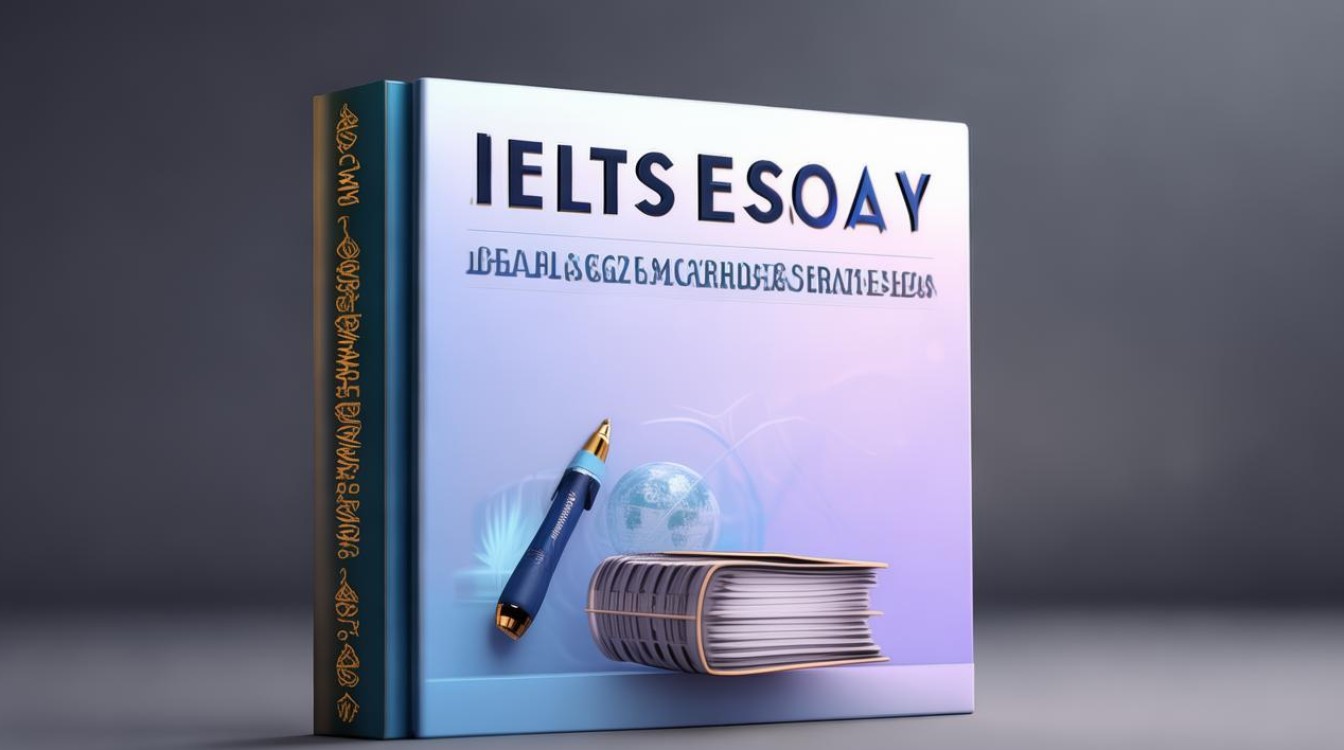雅思写作Task 2中的“agree disagree”题型是考生常见的任务类型之一,也是容易拉开分数差距的部分,这类题目要求考生明确表达立场,并通过逻辑论证和实例支持观点,想要在考场上高效应对这类题目,必须掌握核心写作框架、论证技巧以及常见误区规避方法。

题型特征与审题关键
“agree disagree”题目的典型表述包括:
- To what extent do you agree or disagree?
- Do you agree or disagree?
- What is your opinion?
审题三要素:
- 核心争议点:明确题目讨论的具体问题(如“政府是否应资助艺术”)。
- 限定条件:注意题干中的范围限定(如“only”“always”等绝对化词汇)。
- 立场选择:完全同意/反对、部分同意或折中观点均可,但需保持一致性。
例题分析:
Some people believe that governments should stop spending money on local environmental problems and instead focus on global issues like climate change. To what extent do you agree or disagree?
- 争议点:环保资金应投向本地还是全球问题
- 关键限定词:“stop”“instead”暗示非此即彼的选择
三种常见立场与结构设计
完全同意/反对(单边论证)
结构模板:

- 引言:改写题目+明确立场
- 主体段1:核心理由1+例证(如“全球问题需国际合作,本地行动效果有限”)
- 主体段2:核心理由2+对比论证(如“气候变化威胁远超本地污染”)
- 主体段3:反驳对立观点(可选,如“承认本地环保重要,但优先级较低”)
适用场景:题目观点倾向明显,或考生有充分论据支持极端立场。
部分同意(平衡论证)
结构模板:
- 引言:承认问题复杂性+提出有条件同意
- 主体段1:支持题干的部分合理性(如“全球问题确实需要更多资源”)
- 主体段2:指出题干局限性(如“本地行动能培养公民环保意识”)
- 强调需根据具体情况分配资源
例题应用:
While global climate change deserves greater investment, completely abandoning local environmental initiatives would undermine grassroots participation in sustainability efforts.
折中立场(综合方案)
进阶写法:提出新标准或解决方案。

- 按问题严重性分配资金(如“优先处理跨境污染”)
- 建立资金共享机制(如“全球基金支持本地项目”)
高分论证技巧
逻辑展开方法
- 因果链:
Underfunding global climate research → delayed emission reduction policies → irreversible ecological tipping points - 对比论证:
比较不同国家环保投入效果(如挪威碳税政策 vs. 某国局部治理失败) - 数据化表达:
The UNEP estimates that 60% of marine pollution originates from land-based sources, suggesting local actions remain crucial.
反方观点处理
- 让步反驳:
Admittedly, community-led recycling programs can reduce landfill waste. However, their impact pales in comparison to multinational agreements on plastic production limits. - 限定条件:
In regions with severe air pollution, local measures may temporarily take precedence over global initiatives.
词汇升级方案
| 基础表达 | 学术替代 |
|---|---|
| Important | Pivotal/crucial |
| Good effect | Tangible benefits |
| Bad effect | Detrimental consequences |
| People | Policymakers/stakeholders |
中国考生常见问题
- 立场模糊:频繁切换观点导致逻辑混乱,应避免“I partly agree but also disagree”类表述。
- 论据单薄:过度依赖个人经历(如“My cousin said...”),建议使用社会调查、历史事件等客观证据。
- 模板化严重:机械套用“This essay will discuss both views”等低效开头。
真题实战演练
Some argue that space exploration is a waste of resources when we have so many problems on Earth. Do you agree or disagree?
高分范文节选:
The contention that space programs divert funds from terrestrial issues overlooks their long-term strategic value. Firstly, satellite technologies developed for space missions have revolutionized disaster prediction systems, directly mitigating earthly crises. The Chinese Fengyun meteorological satellites, for instance, provide 72-hour typhoon warnings that save thousands of lives annually. Secondly, astrophysics research has yielded unexpected terrestrial applications; NASA's water purification systems for astronauts now provide clean water to arid regions...
Critics who demand immediate reallocation of space budgets fail to recognize the interdisciplinary nature of scientific progress. A 2023 OECD report revealed that every dollar invested in space agencies generates $7 in downstream technological innovations...
备考建议
- 建立论据库:按主题(教育、科技、环境等)整理权威案例和数据。
- 限时训练:40分钟内完成审题、提纲、写作全流程。
- 批判性思维培养:定期分析《经济学人》等刊物的论证逻辑。
雅思写作的本质是展示理性思考能力,当面对agree disagree题型时,清晰的立场、严谨的推导和差异化的内容才是突破7分的关键,与其追求华丽的词藻,不如扎实提升每一段论证的信息密度与逻辑衔接。


